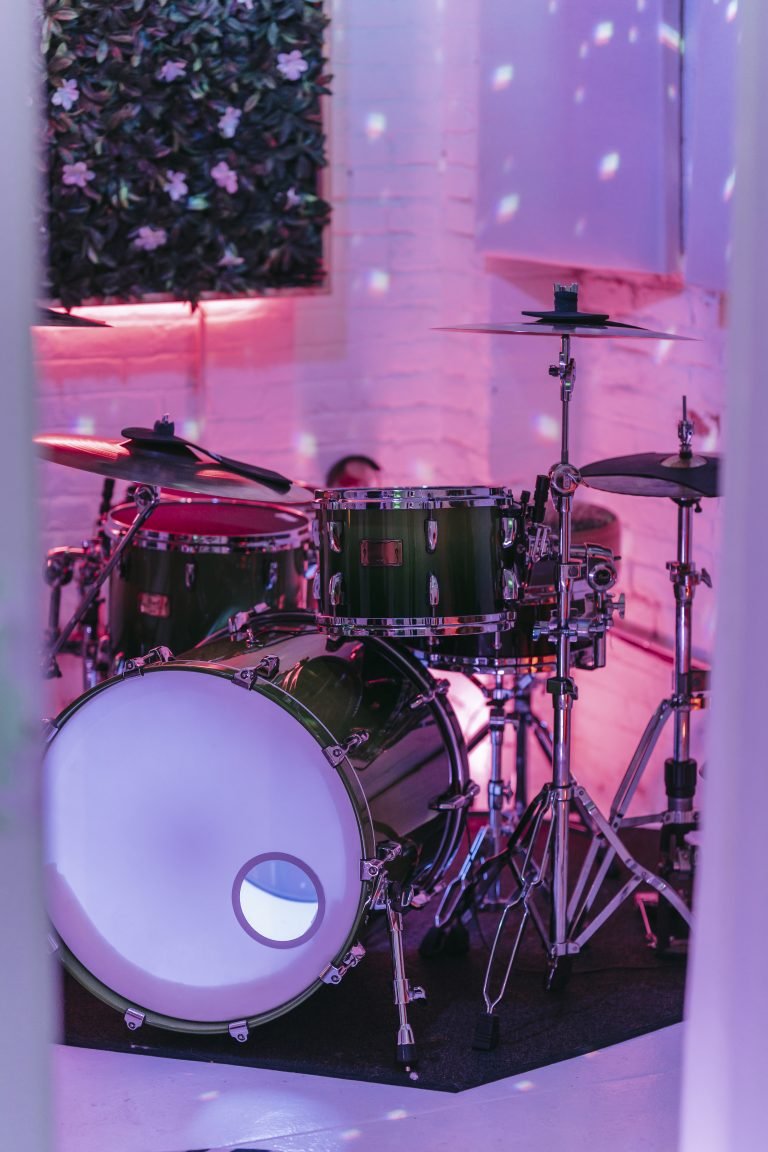Pros and Cons of Buying Secondhand Drums: The Ultimate Guide!
What are the pros and cons of buying secondhand drums?
If you’re a drummer in search of a new set of drums, you may have come across the option of buying secondhand drums. Secondhand drums, also known as used drums, are drums that have been previously owned and are now being sold by their original owner or through a reseller. In recent years, there has been a growing popularity in buying secondhand drums due to several advantages they offer. In this ultimate guide, we will explore the pros and cons of buying secondhand drums, provide some useful tips for purchasing them, suggest where you can buy them, and conclude with a summary of their benefits.
Pros of Buying Secondhand Drums
First and foremost, one of the main advantages of buying secondhand drums is the cost savings. Used drums are often significantly cheaper than brand new ones. This is particularly beneficial for drummers who are on a budget or beginners who are just starting out and want to explore their drumming skills without breaking the bank.
Another advantage of buying secondhand drums is that older drums may have more character and better sound quality. Over time, drums develop a unique tone and resonance that can add depth and richness to your playing. The wear and tear on older drums can actually enhance their sound, making them more interesting and dynamic.
Additionally, when purchasing secondhand drums, you might find yourself with some upgraded features. The previous owner might have added new accessories, such as additional cymbals or hardware upgrades, which can save you the trouble and expense of buying those separately.
Not only do secondhand drums offer cost savings and upgraded features, but they also contribute to a more eco-friendly approach to drumming. Buying used drums reduces waste and promotes sustainability by giving these instruments a second life instead of ending up in a landfill.
Lastly, one of the most exciting aspects of buying secondhand drums is the access to rare models. The market for secondhand drums offers a chance to find unique and rare drum sets that may not be available in stores anymore. This can be a great opportunity for collectors or drummers looking for a distinctive and uncommon sound.
Cons of Buying Secondhand Drums
While there are many advantages to buying secondhand drums, there are also some drawbacks to consider. One of the main concerns when purchasing used drums is the potential wear and tear. Used drums may have signs of previous use, such as scratches, dents, or general cosmetic damage. In some cases, they may require minor repairs or replacement parts to bring them back to their optimal condition.
Another disadvantage is the limited or no warranty that comes with buying secondhand drums. Unlike new drums, which usually come with a warranty that covers potential issues, buying used drums means taking on the responsibility of any repairs or replacements that may arise.
Availability can also be a challenge when searching for specific models or brands in the secondhand drum market. While there is typically a wide selection of used drums available, finding exactly what you’re looking for may require more patience and persistence.
Compatibility issues may also arise when buying secondhand drums. Matching used drums with your existing drumming equipment, such as drum heads or hardware, can sometimes be tricky. As drums age and evolve, certain components may become obsolete or incompatible with newer drumming technology.
Lastly, there is a risk of purchasing damaged drums when buying secondhand. It’s important for buyers to exercise caution and thoroughly inspect drums before making a purchase. This includes checking for any structural damage, testing the functionality of all parts, and ensuring the overall playability of the drums.
Tips for Buying Secondhand Drums
To maximize the benefits of buying secondhand drums and minimize any potential drawbacks, here are some useful tips to consider:
– Research the market value, brands, and features of the drums you are interested in. This will give you a better understanding of what a fair price is and help you make an informed decision.
– Inspect the drums thoroughly before buying. Check for any signs of damage, wear, or cosmetic issues. Examine the drum shells, hardware, cymbals, and any other accessories that come with the drum set.
– Play the drums if possible. Testing the sound and overall feel of the drums will give you a better sense of their quality and suitability for your playing style.
– Buy from reputable sellers or stores. Look for trusted sellers or stores with positive customer reviews. This will give you more confidence in the condition and authenticity of the drums.
– Negotiate the price. Don’t be afraid to negotiate the price when buying secondhand drums. Unlike new drums that have fixed prices, there is often room for bargaining, so try to get the best deal possible.
Where to Buy Secondhand Drums
If you’re ready to start your search for secondhand drums, here are some places where you can find them:
– Online platforms: Websites like eBay, Reverb, and Craigslist offer a wide selection of secondhand drums. These platforms provide a convenient way to browse and compare different options from sellers all over the world.
– Music stores: Local music stores often have a selection of used drums for sale. Visiting these stores allows you to see and test the drums in person before making a purchase.
– Drumming communities: Joining drumming communities and forums can be a valuable resource for connecting with people who are selling their drums. These communities often have dedicated sections or threads where members can post drum sets they have for sale.
– Garage sales and flea markets: Occasionally, hidden gems can be found at local sales events like garage sales or flea markets. While the selection may be more limited, you might stumble upon a great deal or a unique drum set that you wouldn’t find elsewhere.
Conclusion
Buying secondhand drums comes with its pros and cons. On the positive side, they provide cost savings, offer potential for more character and upgraded features, contribute to a more sustainable approach to drumming, and provide access to rare drum sets. However, there are risks such as wear and tear, limited warranties, availability issues, compatibility challenges, and the potential of purchasing damaged drums. By conducting proper research, inspecting the drums, testing them out, buying from reputable sellers, and negotiating the price, these disadvantages can be minimized. Overall, with careful consideration and smart shopping, purchasing secondhand drums can be a great option for drummers looking for quality instruments while saving money. So, explore the benefits and savings of buying secondhand drums and embark on the journey of finding your perfect drum set!


